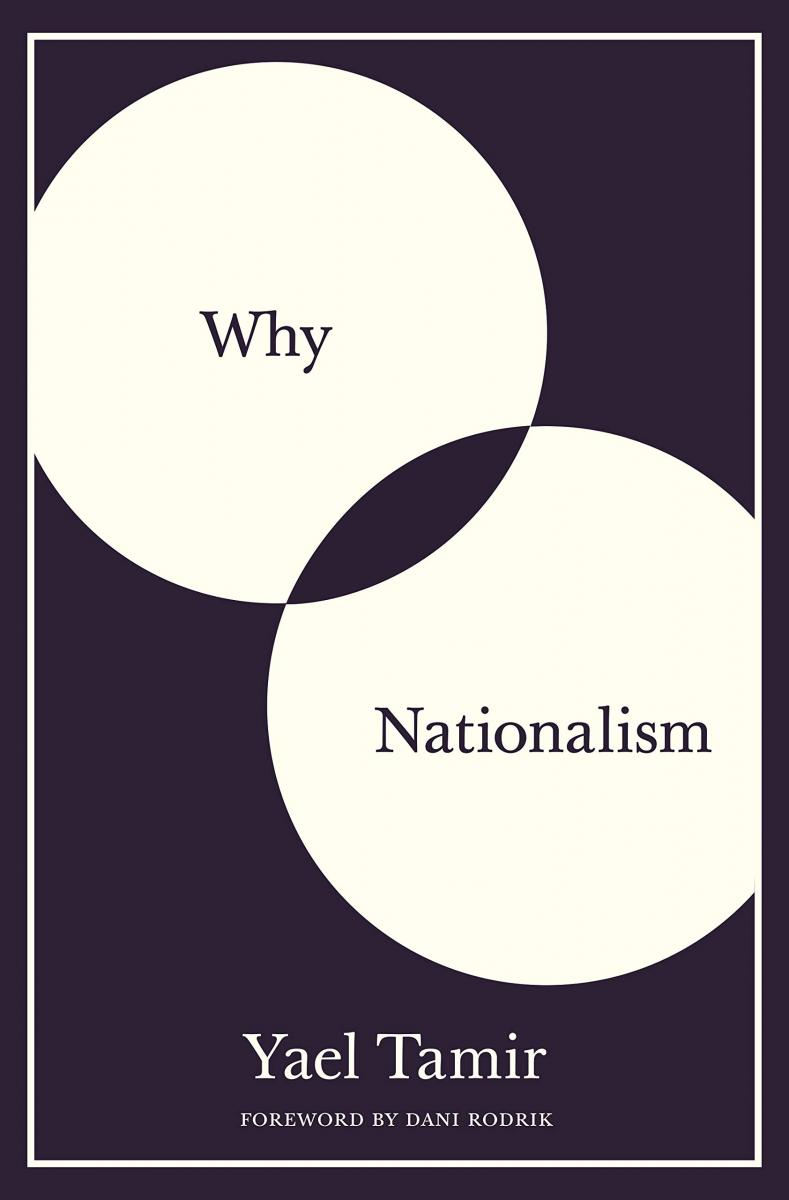
Nationalism has returned to the world stage, wrapped in the nativistic and xenophobic rallying cries of populist and authoritarian demagogues. But as Tamir argues in this important book, nationalism has another, more civic-minded side. For Tamir, this enlightened nationalism provides the societal glue that makes social democracy possible. Tamir retells the history of nationalism, emphasizing its more progressive contributions. In the nineteenth century, nationalism gave the world the modern nation-state, which then provided its citizens with rights. Later, nationalism proved a potent force in the struggle for self-determination and the end of empire. Tamir traces the Western liberal disenchantment with nationalism to the horrors of Nazism, ethnic cleansing, genocide, and world war. The postwar rebirth of Europe was premised on overcoming nationalism. After the Cold War, the worldwide spread of economic and political liberalism seemed to confirm that it was globalism, not nationalism, that generated progress. Tamir argues that this view is no longer sustainable, as globalism is now fueling reactionary nationalism. The challenge for defenders of liberalism and social democracy is not to oppose nationalism but to recover its we-are-all-in-it-together sensibility.









